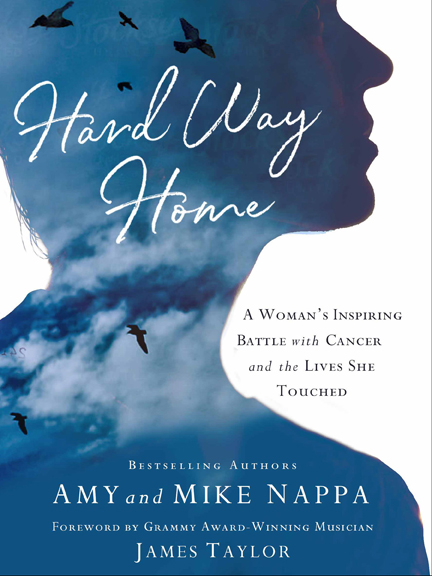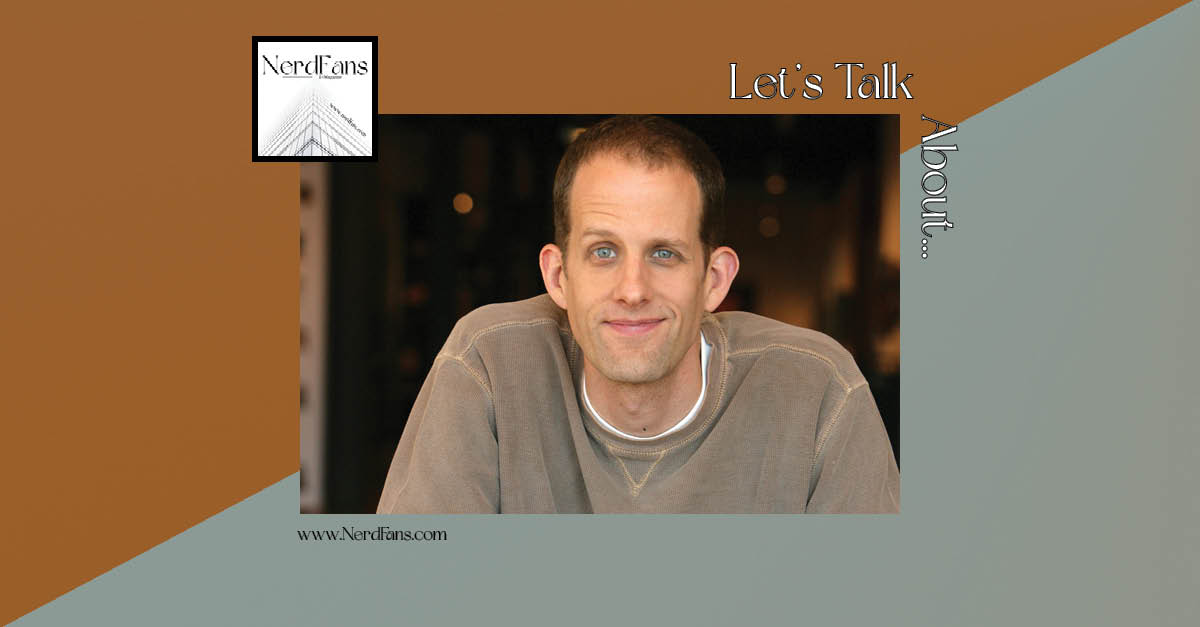Few people can legitimately claim to be legends in their own lifetimes—but for Bob Griese the term “legend” is used with great regularity anyway.
Fans of the gridiron know that Bob Griese is the ONLY quarterback in NFL history to lead his team—the 1972 Miami Dolphins—to an undefeated, championship season. What’s more, this hall-of-fame QB has also achieved near-legendary status as a network television broadcaster for college football games—and he’s the father of Brian Griese, (former) quarterback for the NFL’s Denver Broncos.
What many people don’t know, however, is that this living legend has also had his share of heartache and defeat. When his wife, Judi, succumbed to cancer in February of 1998, Bob found himself both a widower and a single father. How did he cope?
Let’s find out as Bob Griese tells us in his own words…
▲▲▲
NerdFans (Us):
Thanks for joining us today, Bob. Let’s start off with your book, Undefeated, which you co-authored with your son, Denver Broncos quarterback, Brian Griese, and with biographer, Jim Denney. What first prompted you and Brian to write this book?
Bob Griese (BG):
Well, Brian and I weren’t interested in jumping and writing a book. We’re both pretty private people. I think the first blush, the first opportunity came a couple of years ago after the football season that Brian had at the University of Michigan, where they went undefeated and won the national championship.
US:
Brian was Rose Bowl MVP, right?
BG:
And I’m in the press box doing the broadcast with Keith Jackson, and Brian’s on the field, and I’d played in this same game—the Rose Bowl when I was at Purdue thirty-one years earlier. We had done five of Brian’s games earlier in the season—in broadcasting. The year before we hadn’t done any because the folks at ABC Sports didn’t want thought of conflict being in Brian the quarterback at Michigan and I’m broadcasting some of his games. So we didn’t do any Michigan games the year before, but then they relented and said, “This might be a good thing.”
US:
So now you two have taken that “good thing” and put it in book form. What was it like to work with your son on this book?
BG:
Well, it was interesting. It was fun. If you could see the way Jim Denney wrote the book, the layout, the format—
US:
It’s very conversational.
BG:
Yeah. He sat down and talked to us. He saw a competitive spirit, a back-and-forth, some kind of a special bonding, kidding that went back and forth in these interviews that he wanted to capture in the book. And that’s why he wrote the book the way he did—to capture that camaraderie, that back-and-forth that he saw when he was talking to us. And he wanted that to carry over in the book and I think he did a nice job of it.
US:
What does the title, Undefeated, mean for you and your family?
BG:
Well the term “undefeated” came from the fact that the Dolphins of 1972 won the Super Bowl undefeated; and Brian, twenty-five years later at Michigan, went undefeated and won a national championship. And [Brian’s mother] Judi, even though she lost her battle to cancer, her spirit still remains undefeated in our lives and in all the people that knew her and that she overcame cancer, and she’s still living and we’ll see her again. So I think the title, Undefeated, has a three-prong message there.
US:
Now, you and your family lost Judi to cancer when Brian was only twelve years old. What can you share with other parents about that experience?
BG:
All three of our boys—and we had three sons—they all turned out to be good, solid, Christian young men…Brian lost his mother when he was twelve, but his mother had twelve years of influence on him and I think the parents out there have to realize that they get these kids—their children—and the time to shape them is from the time they’re born until they’re about ten or twelve years old. Because once they get to be teenagers and the peer pressure and going to school and all this other stuff, you know you might lose them.
But if you have a strong foundation and be with your kids and do the right thing and teach them right thing, in the home as well in school and church or playground, that’s when you have the chance to influence your kids. And if you miss that—if you’re gone every weekend, if you’re traveling places—even though you love your kids, if you’re not around them, if you’re not with them, you’re missing an opportunity that you may regret when they’re fifteen or sixteen years old.
US:
Or even when they’re twenty-five or twenty-six, huh?
BG:
Yeah.
US:
After you lost Judi, what were your goals as a single father?
BG:
Well, I just wanted everything to be normal for Brian. And Brian was the only one that was home [then]. If it had been two or three of them at home or one of the other boys, I’d have done the same thing.
My father died when I ten, so I had been there where Brian was and I remember what my mother did for me and the things she did for me was make sure that my life didn’t change. I had lost my father but she made sure that this wasn’t a big scar on my life any more than it was losing a father—we’re not going to move, you’re not going to change doing from what you were doing. Just keep on doing what you were doing and that’s what I wanted Brian.
So we had a routine where I would get up early in the morning with him before he went to school, or his mother would always get up with him and make him breakfast and get him off to school. Now I did that, and it was a way of bonding.
US:
What kind of advice would you give to a reader who may also be struggling with the loss of a loved one in his or her family?
BG:
Well, if you have kids—if it’s a father parent and you have young kids, I’d say, “Be there with the kids and try to do as much for him to keep his routine the same.” My mother did that for me, and I did that for Brian. And now talking with him about it, I mean, that made a big difference.
US:
Of course Judi can never be replaced, but I understand you have remarried. What can you tell us about your wife, Shay and the blessings that she’s brought to your family?
BG:
Well, Shay’s a great lady. She came into our lives about four years after Judi passed away and I was hanging around with Brian a lot in the evenings, not doing much cause I wasn’t thinking about getting remarried. I’d never dated or anything like that; met Shay on an airplane and had lunch with her a couple of times, and then we started dating. But I didn’t want to do anything serious until I don’t know how much later on. [Brian] must have been sixteen, seventeen. He might have been a junior or senior in high school. He finally, he said, “Dad, you need to get yourself a friend and stop hanging around with me.” He says, “You need to get on with your life here.” So then I knew that it was time to maybe do something seriously in that regard.
US:
Well, Bob, that ends our time together. Thank you very much for sharing time and your story with the readers at www.NerdFans.com.
BG: Thank you.









